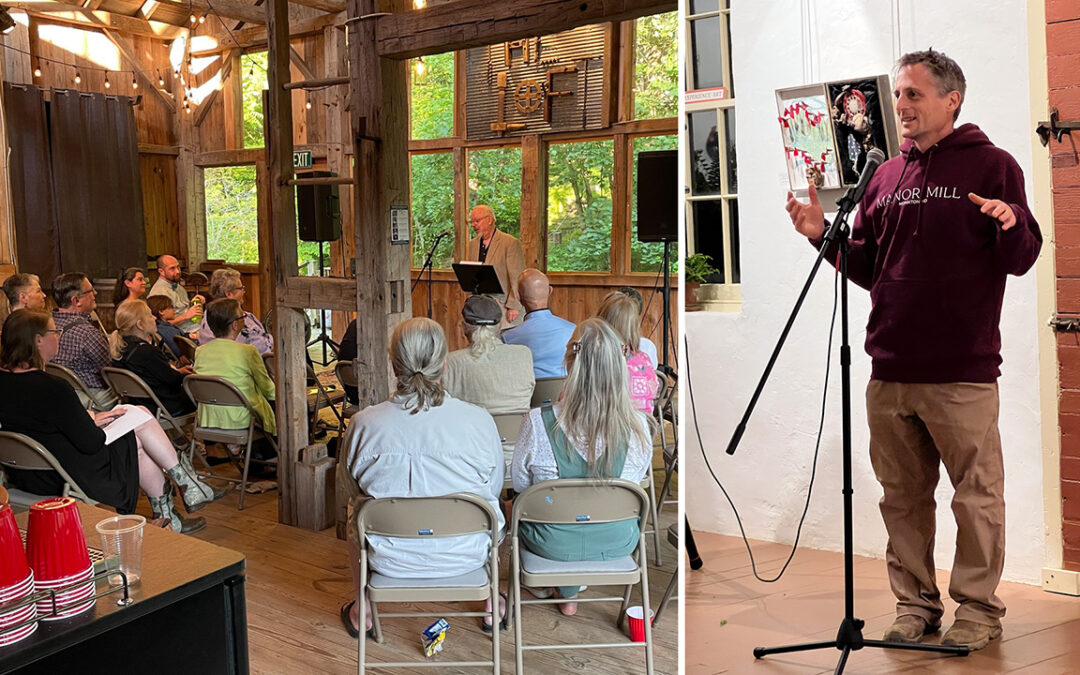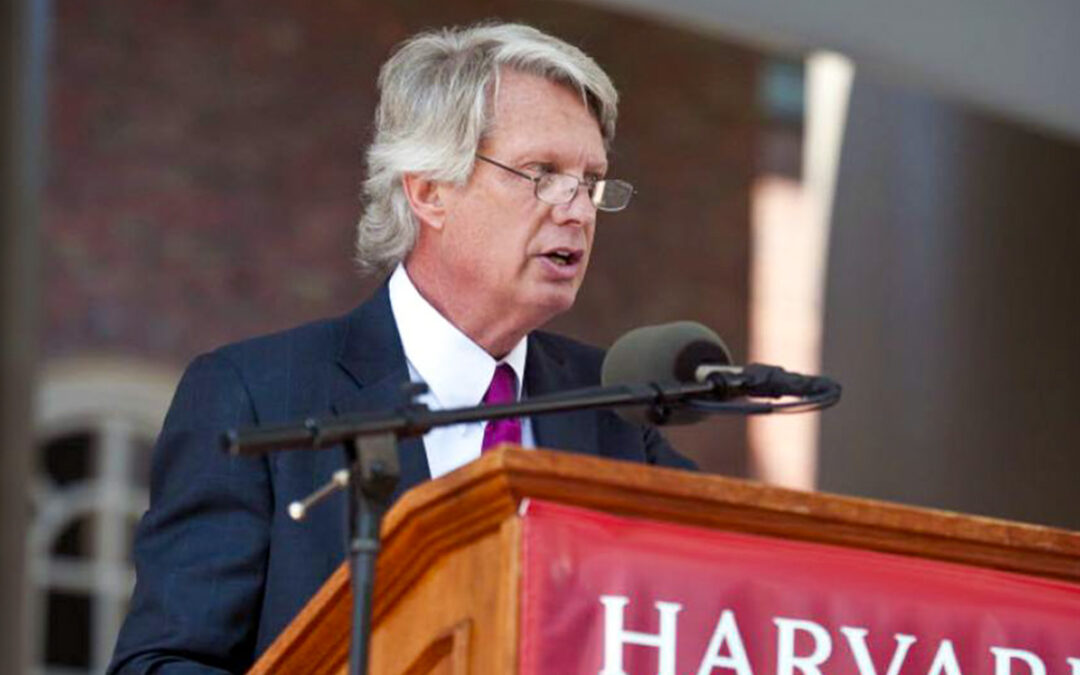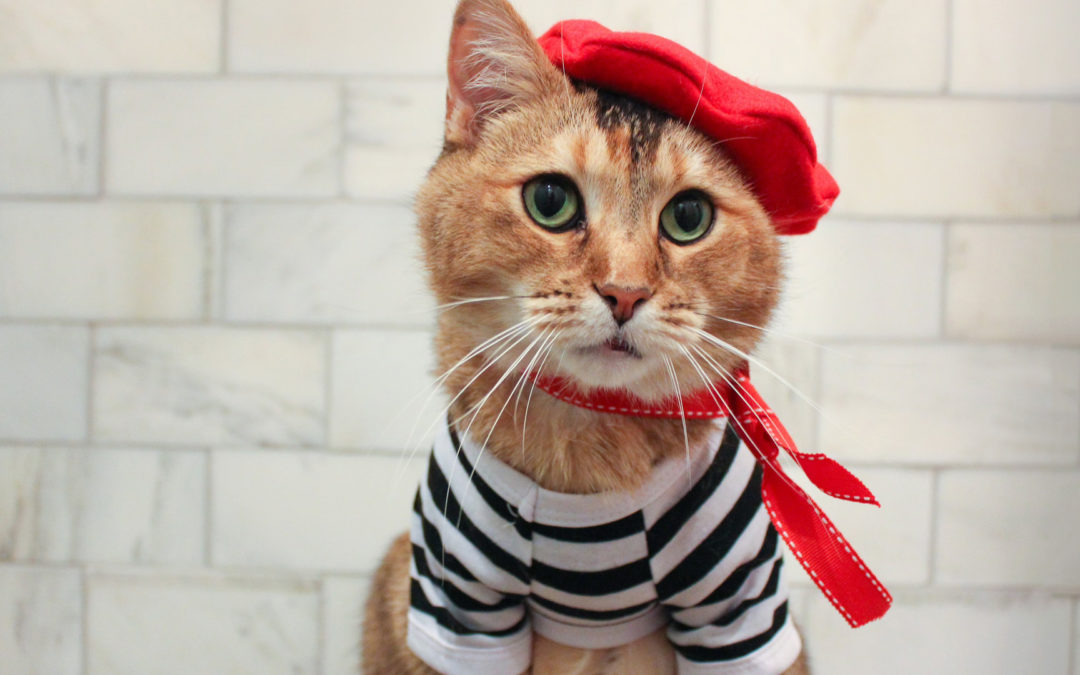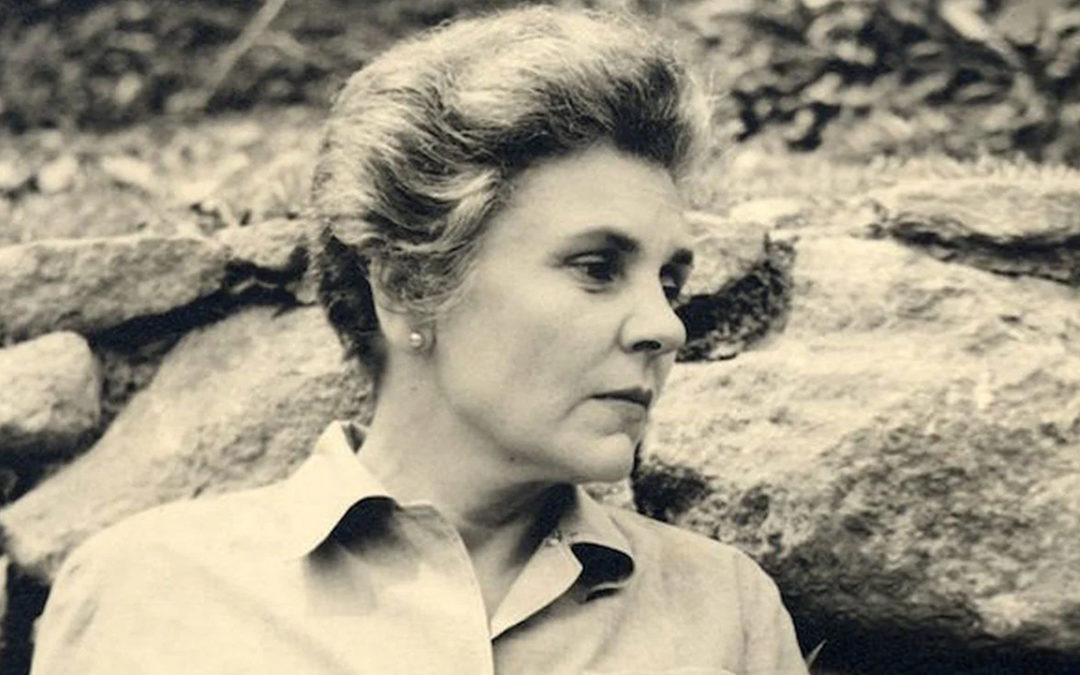
by Robert Bowie, Jr. | Mar 25, 2025 | Featured, Humor, Poetry
If you’re like me, the best memory you ever have had is an act of self-deception that you can’t remember. However, if you happen to stop forgetting for only a fraction of second it will be abrupt recollection.
It is like if you have ever accidentally slammed a door in your own face. It’s not easy to do, but you’ll remember it if you succeed.
On the first day of spring this year, I had one of those abrupt remembrances.
My New Year’s resolution this year is to get into better physical shape this spring. Unconsciously, of course, I have been getting less and less inclined the closer I get to springtime when I must start fulfilling my commitment to myself.
The truth is this New Year’s resolution has been the same New Year’s resolution I have made each year for over 20 years, but each previous spring I had successfully forgotten that years’s resolution.
Then I stumbled upon one of the sonnets in the book I wrote more than 20 years ago, entitled “Marathon Man.”
This year the door slammed in my face. Coincidentally, it occurred on the first day of spring last week, at a doctor’s appointment when I was told I must start exercising. I had forgotten that over 20 years ago I wrote “Marathon Man.” which made it much worse.
It starts:
The Marathon Man
“In a world of educated guesses
About one’s loves, integrity and health,
It is my custom to keep promises,
Even if they are only to myself.”
This is the perfect example of delusions of grandeur, which I had pleasantly forgotten into a magnificent memory of never committing to exercise, which is regrettably false.
As early as I can remember, I have consistently joked that I was so lazy I played goalie in all sports to avoid running laps. (The coach always shoots on the goalie while the rest of the team runs laps.)
But in my defense, technically being a goalie is not about the commitment to never exercise. It is a commitment not to exercise that I practiced religiously. I never committed to exercise. That’s entirely different.
Nonetheless, I’m highly competitive.
My memory is that I have saved myself from exercise to avoid injury so I will be ready for the senior Olympics when some doctor finally tells me I must exercise.
I have been told this before over 20 years ago when I was the marathon man but still as lazy and competitive as always.
Back then, I challenged a friend who is a very good runner to a 10 K race, but I got a 10-minute reduction of my time as a handicap to even the odds. For about three weeks before the race, I committed to run a mile around the high school track and, as a further commitment, I would eat four raw eggs poured out of a blender because I had seen “Rocky” the movie and Rocky did that.
It didn’t go well, which led to the delusion of grandeur in the form of a marathon. As is indicated in the third stanza:
“I trained on a treadmill, March to July.
Got my first runner’s high at 55.
Depleted my life‘s endorphin supply,
and blew out both knees and begged to die.“
So this time the doctor prescribed a certain number of steps as a target for each day. The doctor reminded me hopefully that it would also get me outdoors and into sunlight neither of which happened.
At the end of every day around midnight, before bed, I would find myself doing endless laps around the dining room table to meet my minimum requirement of steps.
Covid helped me along. My wife, who exercises regularly, proudly told me one evening her total steps and asked me about mine. I had decided to take the day off, so I happily worked and read pretty much all day. My total step count was around 50. Which probably is two trips to the bathroom and one to the kitchen.
Then I ran into this damn poem and I don’t feel good about getting ready for the senior Olympics. I feel my lethargy has not sufficiently ripened.
The sonnet ended with this final couplet:
“Oh yes, but the hell with all this fun;
Next year, for sure, I’ll be ready to run.”
— “An Accidental Diary: A Sonnet a Week for a Year” by Robert Bowie, Jr.
https://a.co/eg2uDCx
That was 20 years ago. No escaping it now. The door slammed in my face.
I guess I better go try to find my shoes.

by Robert Bowie, Jr. | Dec 24, 2024 | Featured, Personal, Poetry, Shorter Stories Book
Once upon a time… I was in a Rotary Club that was going to sing Christmas carols at an old age home, but because I couldn’t sing or dance, I had to be Santa. I had to wear a huge red Santa suit, and a big grey beard that hooked behind my ears, install two king-sized pillows into my new jolly belly and then keep it all together with a big black belt to hold my pants up.
It took a long time to assemble Santa, so I dressed at home and drove in my little BMW Z3 convertible to the event. I’m a good driver, but I was listening to Jingle Bell Rock or the Chipmunks or something and I found myself as the last car in the middle of an intersection trying to turn left into an old age home as the light changed. All of a sudden, there was loud honking as traffic passed in front of me and behind me as I spread Christmas joy throughout the intersection.
It was a pretty long light, so I got a lot of attention from the Santa-stalled traffic. Everybody was honking at me and children were laughing and waving at Santa from the backseat in the slow moving cars that went past me as the traffic jam spread like a stain in all directions. When the light changed, the last car to get past me gave me a Merry Christmas two-fisted finger and stopped in front of me and leaned on the horn as we spread our joy of Christmas in all directions.
That is the exact place. The “when” and “where,” the “place and time” I lost my Christmas spirit those many years ago.
It’s not come back yet. Someday I may want to be Santa again, but not yet. I still have Santa PTSD but I’m working my way through it. I try to think about happy things as I fight to regain my real inner Santa. I imagine I am taking a warm shower:
Santa
Like a massive multicolored parachute
His boxers have collapsed upon the floor
Slightly south of a wrinkled Santa suit
That was left just outside the bathroom door.
A bunch of imagined elves in repose,
Smokin’ cigarettes, feet on the table,
Hangin’ and laughin’ ’bout Rudolf’s nose
Are lovin’ life as only elves are able.
Another Christmas is, at long last, past
As the fat man shampoos in the shower
And thinks of golf and summer thoughts at last.
Who’s this metaphor for redemptive power?
An old fat guy driving a sled with gifts?
A father at midnight is what it is.
——
If you are like me and somewhere, perhaps in some random traffic jam, you also lost your Christmas spirit, here is Santa’s two-step solution:
First, seriously get over yourself and just do something nice for someone else. I’m serious about this! It can be nothing but a random act of kindness but make it happen. You will be amazed at what will happen. It will rekindle that lost Christmas spirt. Don’t expect anything in return.
…And second, when you are asked who gave you this advice, straight out tell them, without hesitation, that you got the advice from Santa. There’s a pretty good chance you can share a free Christmas dinner in some state institution.
Merry Christmas and Happy Holidays from me to you. Peace on Earth! Make it happen with random acts of kindness while expecting nothing in return.
P.S. A little side note: If you want to make commercial Santa’s Christmas, you can buy his book, An Accidental Diary: A Sonnet a Week for a Year on Amazon. Or maybe pick up his new book, The Older You Get the Shorter Your Stories Should Be at The Ivy Bookstore in Baltimore, The Manner Mill in Monkton, Maryland, or at https://bookshop.org/shop/robertrbowiejr)

by Robert Bowie, Jr. | May 28, 2024 | Featured, Personal, Poetry
I’ve always been a little shy about confessing my love of poetry.
Over 40 years ago, my love of poetry got into a head-on collision with my decision to be a successful lawyer. This collision was the final confirmation I needed to reenforce my belief that I should probably keep my mouth shut about poetry.
This year, however — in fact, this spring — I have outgrown this conclusion once I appreciated the humor in my mistake and that I wasn’t the center of the universe, which is probably why it took over 40 years.
On Saturday, June 1, in less than a week, we will be celebrating “Poetry Day” at Manor Mill in Monkton, Maryland. Manor Mill is a beautifully reborn pre-revolutionary gristmill on a little tributary off the Gunpowder River. There, Angelo Otterbein, its new owner, has created a center for the creative arts in the middle of the verdant horse country of northern Baltimore County.
For the last year and a half, on the first Monday of every month, Mel Eden and I have run a poetry open mic at the Mill. We start at 6:30 pm with a reading by one or two well established mid-Atlantic poets. Then, after a brief break, we turn to the open mic sign-up sheet, with each poet sharing one poem each, providing a wide variety of work. Then, if possible, we do a second round so each poet has an opportunity to read twice.
This group has grown into an ever increasing source of inspiration and community for both established and upcoming poets from all walks of life. From the beginning, we also set up a poetry class at the nearby Hereford Library for new poets to perfect their chops before they elect to perform. This class has been led by Michael Fallon, a celebrated retired professor of poetry who has taught and published for over 35 years.
Poetry Day on June 1st was created by Mel to celebrate this new artistic community as well as the art and creation of poetry. Mel is also largely responsible for a beautiful professionally published bound book of Manor Mill open mic poems and poets that is scheduled to be available early this September.
Back to my head-on collision, though, which years ago separated my two passions and broke my fragile poet’s heart.
All through law school on Saturday nights I didn’t go out drinking with my friends. Instead, I would cook a Cornish game hen, drink whiskey and listen to one of my extensive collection of recordings of Shakespeare plays.
I kept this eccentric behavior to myself for the most part, except in my second year, I met a Baltimore Sun reporter, Carleton Jones, at our local Maryland Institute of the Arts art student bar, which featured big display panels on the walls where artists were offered a chance to display their work.
Carleton was in his early 70s, I would guess, and it turned out one night we both confessed our love of poetry. Without my knowledge he went to the owner and I was offered a chance to post my poems on the large panels in the bar, normally reserved for art and thereafter Carlton wrote a glowing review in the Sun.
I almost came out of the closet and admitted to myself that I was a poet until an all-important second job interview at a large law firm broke my heart and I went underground again.
In hindsight I was foolish and easily injured but it is funny, so here goes:
At this interview, four lawyers and a senior partner went over my resume and asked me questions until the senior partner took control. I took this as a good sign, particularly when he pointed out that at the end of my resume under “Other Interests” I had included “poetry.“
He asked me, “What is the difference between poetic writing and statutory writing?” I took this as a great final line of inquiry!
“Okay,” I said. “If you want to write a statute to prohibit throwing up on the street you would say, ‘No throwing up on the street’ and then define ‘throwing up.’ But if you were Shakespeare you would say, ‘speaking with a full flowing stomach.’”
I could not have been more excited to be so erudite on a subject I felt I knew quite well, so of course I couldn’t leave it alone.
“If you wanted to forbid fornication,” I continued. “You would write a statute prohibiting fornication and then define fornication, but if you were Shakespeare, you would say, “Making the beast with two backs.’”
I was a little surprised when the senior partner announced that the interview was now over and they would be in touch.
As I went down the elevator I was very proud of myself, but as I walked home the doubt came on slowly. By the time I reached my neighborhood bar, I went in and had a double scotch.
A couple of days later, I got a letter, and jumped to the conclusion that they thought I might not fit in. They wished me well on my future career as a lawyer.
To this day, I remain a proud (now retired) lawyer but I’m now proud to call myself a poet, too.
Thanks to Manor Mill, I have been around poets nonstop for the last year and a half and I have been welcomed. I have made wonderful, lifelong friends and have come to believe that perhaps Mel and I have encouraged future poets to find their voice and sing. These poets are remarkable people. They step out of the grind and observe it for others. They are fun to be with.
I hope you can join us for Poetry Day on Saturday and see for yourself. There’s a full schedule of events at www.manor-mill.com/poetryday.

by Robert Bowie, Jr. | Sep 7, 2023 | Featured, HAA, Humor, Poetry
Hopefully this will make you laugh.
This is the year of my 50th college reunion and here is my ode about what I think about that.
–––
The 50th Reunion of the Class of 1973
(and a Tip of the Hat to the Class of 2023)
So is this where sex, drugs, and rock ‘n’ roll ends?
With grandchildren, prostate problems and Depends?
Not for the class of 1973
On this, our 50th anniversary!
We’re the Alums that never stopped having fun…
For us our college years were just a dry run
So why try to remember what I’ve forgot?
Maybe it’s a little. Maybe it’s a lot.
Who cares? Fifty years of paranoia
Now pot’s legal’n, some say, even good for ya.
Forget that thought that we are all old relics.
Now shrinks treat patients with our psychedelics.
Memory and “smarts” never go hand in glove.
I’ve no memory of what my major was.
Who cares, long as they don’t take my diploma back
If my “memory lane” is a cul-de-sac!
I do still remember my graduation!
That 50th, class of ’23, had some fun!
And that is one thing that I’ll never forget.
Them dancing to James Brown, I really regret.
I’ll tell you the whole truth. I will tell you no lie.
Wasn’t exactly “Fast Times at Ridgemont High.”
Man, we lived through some stuff you just can’t forget:
Watergate, Berlin Wall, and the Chia Pet.
But wait! Just stop and wait. I wonder what we
Look like to the grads of 2023?
They’re so advanced I check for hair on my palms.
They have evolved so much! They’re truly phenoms.
I still type with both hands and I feel very dumb.
Darwin was right. Now they can type with their thumbs.
Oh, but we’ve got wisdom in the class of ’73!
First, you must accept Harvard’s study on longevity.
It is not your new Harvard degree or your new PhD.
Joy comes from your classmates, and your friends and your family.
Second, the older you get the shorter your stories should be.
And last, “Peace ’n Love!” from the great class of ’73.
–––
For the last 10 or so years I’ve been a poet laureate. I love the school, I love my class, and I love my classmates, and all I have to do to keep the job is hope the alumni laugh. This is a very prestigious job which pays nothing and thus has made me irreplaceable.
Visit https://robertbowiejr.com/haa/ for further hometown skulduggery.

by Robert Bowie, Jr. | Jan 17, 2023 | Featured, Personal, Poetry
I have just met a lot of feral cats in My Lady’s Manor in Monkton, Maryland, and I really like these feral cats! These are not the fighters on fire escapes I knew when I lived in inner-city apartments.
Slightly before Thanksgiving, I was invited to set up an open mic by Angelo Otterbein, the new owner of the new Manor Mill in My Lady’s Manor in Monkton, Maryland.
So what is an open mic? What is My Lady’s Manor? Where is Monkton, Maryland, and who are these feral cats?
The town of Monkton is about 45 minutes north of Baltimore and about 5 minutes south of the Pennsylvania boarder and the Mason-Dixon line. It includes a old grist mill, a miller’s house, a small hotel with a little cluster of houses next to the Gun Powder river, all nestled around a mid-1800s whistle-stop of the defunct North Central Railroad, the tracks of which are now a walking trail that runs next to the river.
In 1713, Charles Calvert, 3rd Baron of Baltimore, made a 10,000 acre gift of land to his fourth wife and christened the estate “My Lady’s Manor.” Monkton and My Lady’s Manor are known for sprawling countryside, horse farms, and old, stately homes set back from the country roads.
Angelo recently purchased the old grist mill and has revived and converted it into a historically renovated creative arts center, and the old Hotel now houses trout fishermen and nature walkers.
An open mic is an invitation to performers — poets, in this case — to stand and deliver their work in front of a live listening audience.
These cats are poets.
As a lawyer for over 30 years, my professional life offered me a chance to submit plays I wrote to the Baltimore Playwright’s Festival, but I had little or no access to local poets.
Angelo’s invitation to develop an open mic on Monday evenings unexpectedly provided the opportunity to meet the poets of the region, and it has been amazing to watch these cats in front of an open mic.
These cats are poets because they observe and take the time to write down what they observe and, by committing to this practice, they develop their own voice.
The more one writes, the more one discovers one’s own voice.
It is a solo voice that is created through omission and selection. What you leave in and what you leave out. It is your speaking voice on paper, but it is a solo voice.
All of a sudden, I have been surrounded by a wonderful collection of solo voices that are quite different from each other’s and from my own. All of a sudden, I discovered there are small but selective poetry magazines, published all around me, whether on paper or virtually. It is a world alive and well, created by this remarkable community of feral cats.
Over the last few months, I have been putting together these open mics on the first Monday of every month. The hustle and bustle of the Manor Mill — which features painters, musicians, metal sculptors, basket weavers, and textile artists, teaching and learning from each other — subsides on Monday evening, and the mill is surrendered to the open mic and poets.
The Manor Mill is a remarkable place, far from urban environments. It draws people who have often never met before. It takes incredible courage to stand up in front of strangers and speak, but it takes even more courage to stand behind your voice and deliver a vision in the form of a poem to strangers.
It is exciting to witness this courage, and walk into a world of so many new articulate voices. They speak differently. They think differently. They approach poetry in so many original ways.
Poetry is the most flexible art form available in language because of line breaks, intentional rhythms and rhymes, and the limitless themes available, because ideas and expression can be shaped in ways that are less constrained than sentences, paragraphs and chapters.
It is astounding how wild and creative these people are, and how much I have learned from them in such a short time as I find my new voice and learn to listen to others in this beautiful new welcoming environment.

by Robert Bowie, Jr. | Jan 10, 2023 | Featured, Personal, Poetry
Two weeks ago, I wrote about Professor William Alfred, my tutor in college, and how my affection has grown for him. Today, I will remember the other mentor for whom I have a continued and growing affection.
Elizabeth Bishop (1911–1979) was, and still is, a very respected poet of the late 20th Century. She lived a hard life filled with loss and loneliness. She was raised and passed around by her maternal grandparents and relatives after her father died when she was a year old and her mother was placed in a mental hospital.
After she got into and graduated from Vassar, because she had no traditional family to surround her, she found comfort in travel. In late midlife, after her partner with whom she lived in Brazil for years died, she was alone again. Robert Lowell convinced Harvard to offer her a chance to teach there.
In order to get into her class in the fall of 1972, I had to submit an essay on the Wallace Stevens poem “The Emperor of Ice Cream.”
It starts:
Call the roller of big cigars,
The muscular one, and bid him whip
In kitchen cups concupiscent curds.
It is a difficult poem. It is like a description of a carnival with its cigar rollers and ice cream makers but it is about the preparations for a Cuban funeral. It is a celebration of life, not a celebration of the dead person. The end of the first stanza reads:
Let be be finale of seem.
The only emperor is the emperor of ice-cream.
From my first reading it struck me personally as being so godless and lonely. It ends with this:
If her horny feet protrude, they come
To show how cold she is, and dumb.
Let the lamp affix its beam.
The only emperor is the emperor of ice-cream.
Years later, I found in her letters her description of how she had decided to choose that poem for the competition.
She was walking alone past Brigham’s Ice Cream in Harvard Square toward Kirkland House where she would make copies of the poem she had chosen for the competition and leave it with Alice Methfessel, a staff person at Kirkland House, to hand out to the competitors.
Alice would, a few years later, become the executor of Bishop’s estate.
It was a small class limited to around 10 to 12 people. She required that each student memorize 15 lines of two 20th Century poets for each class. She was insistent. When she pointed at us in class, we had to recite our chosen poems.
She told us it was a way to bring a poem alive again. When it was recited in a different environment it will be different than reading it from a book again and again. It was like a friendship you could carry with you.
Bishop did not appreciate self centered over egoed undergraduates. I was a little older myself. From the beginning, I believed I felt her loneliness and I imagined she felt mine, but I wrote it off as my imagination.
I worked very hard in Bishop’s class and she saw the depth of my interest and commitment. I didn’t speak up much but I was always prepared for class. I never made intentional eye contact but I found that midway through the term she smiled after I had participated, and by the end of the year we would even talk briefly as we were leaving class to reenter the Square.
We talked about things rather than poems when we chatted. This was a time when confessional poetry was on the rise and people wrote very personally about their families and themselves extensively, but Bishop by nature was reserved and private. She wrote about things that were indirect, but they were very moving and profoundly personal.
No one believes me now, but I misread the instructions for the first hour of the three hour blue book final exam. The instruction required that we were to write out verbatim half of all those poems that we had memorized. I wrote out all of them.
I got an A from her and Professor Alfred was pleased because she had a reputation for being a hard grader.
I asked her to write a recommendation when I applied to law school. She agreed but I was surprised to almost sense she thought my choice was a little misguided given my obvious love of the arts. I don’t think she thought too highly of lawyers.
Years later, well after she had died, I was surprised to learn her recommendations could still be found at Kirkland House, so I asked to see her’s of me and when I read it, and proudly made a copy, I discovered something.
She wrote a short but glowing recommendation but she concluded:
“… but I feel he has great abilities, and possibly talents, he is not aware of himself… Mr. Bowie has worked very hard and has a very original cast of mind. I recommend him highly.”
What an odd and gratuitous comment for a law school recommendation, I thought. Did she know someday I would find it?
And then I smiled as if she had touched my hand.
She had cared about me. And as I stood there rereading my Xerox copy, I felt affirmed and supported to continue on this, my late life journey. She had noticed me.
Photo: Archives and Special Collections, Vassar College Library






